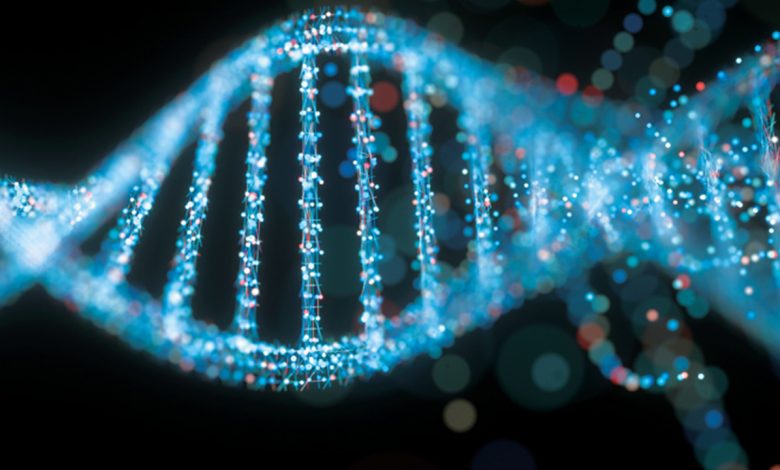Daily Current Affairs for UPSC
Privacy related to DNA Test
Syllabus- Government Policies and Intervention [GS Paper 2]

Context- Recently, the Supreme Court has stated that children have the right to protect their genetic information from being revealed in Deoxyribonucleic Acid (DNA)Tests without their prior consent.
Key Highlights
- A petition was filed by a man who questioned the paternity of his second child and accused his wife of having an adulterous relationship.
- Based on the facts of the case, the supreme court came to the conclusion that no negative inference could be drawn from the mother’s decision not to take the child for a paternity test.
What is the verdict?
- Genetic information is intimate and personal. It reveals an individual’s very essence.
- It enables individuals to make educated choices regarding their identity, privacy, and health.
- As part of their fundamental right to privacy, children have the right to shield their genetic information from DNA testing during divorce proceedings.
- The Indian Constitution’s Article 21 guarantees this.
- It is essential that children do not become the focus of marital conflict.
- The Convention on the Rights of the Child of the United Nations recognizes the rights to privacy, autonomy, and identity.
- The Convention acknowledges that people, including children, have control over their own boundaries and how they define who they are in relation to other people.
- Because they are still young, children should not be denied this right to influence and comprehend their sense of self.
What is India’s position regarding genetic information?
- Data on Genetics and Privacy:
-
-
- The goal of genetic data privacy is to ensure that no one, including a third party, can use a person’s genetic information without his or her consent.
- Privacy rights have been violated because advances in technology have made it simple to extract personal information from DNA samples.
- Misapplication of genetic research can have negative effects, despite its promise for the future.
- Privacy protection is essential given the significance of genetic data as the blueprint for a person’s physical being.
-
- The Benefits of Genetic Data:
-
-
- Information about a person’s genetic make-up, health, and ancestry can be revealed.
- This information can help people become more aware of their own health, be used in medical research, and allow for early disease prevention intervention.
-
- The Negative Effects of Genetic Information:
-
- A person’s DNA and chromosomes make up genetic data, which can reveal personal information about a person’s health and ancestry.
- Genetic tests that are conducted directly with consumers are not always accurate, and they may expose private information inadvertently.
- Unauthorized access to genetic data can have negative effects on a person’s life and privacy, such as unwelcome responses from employers, insurance companies, and the government.
- Status of Genetic Privacy
-
- A person with a heart disease that was thought to be a genetic disorder was denied health insurance by United India Insurance Company in 2018 after the Delhi High Court ruled against the company.
- Article 14, which guarantees that everyone is treated fairly under the law, is violated by genetic discrimination.
- According to Justice KS Puttaswamy (Retd.) and the Supreme Court of India, the Right to Privacy is a Fundamental Right under Article 21. Anr. v. the Indian Union.
- In almost every nation, genetic discrimination is against the law. The Genetic Information Non-discrimination Act (GINA), a federal law that prevents genetic discrimination in employment and health care, was enacted in the United States in 2008.
Way Forward
- From a legal perspective, genetic information-specific privacy laws and regulations must be developed that are more comprehensive.
- It may include penalties for unauthorized access to or use of genetic information as well as stricter requirements for obtaining informed consent for genetic testing and data sharing.
- Through advancements in encryption, secure storage, and data sharing protocols, technological advancements may present opportunities to enhance privacy safeguards.
- To perform computations on encrypted genetic data without disclosing the underlying information, for instance, homomorphic encryption methods could be utilized.
- From an ethical standpoint, it will be crucial to continue public education and dialogue regarding the benefits and dangers of genetic testing and data sharing.
- It may involve initiatives to promote equitable access to genetic testing and benefits as well as efforts to promote transparency, openness, and accountability regarding the manner in which genetic data are collected, used, and shared.





.png)



